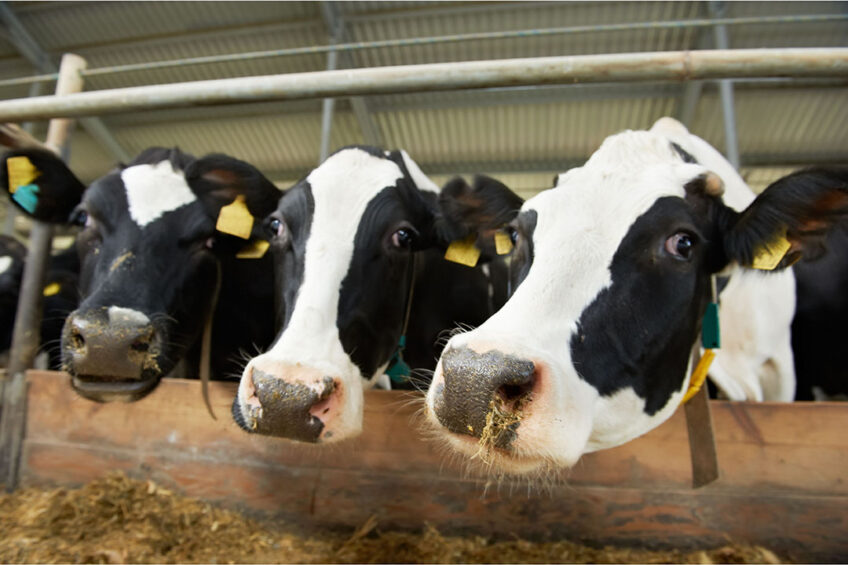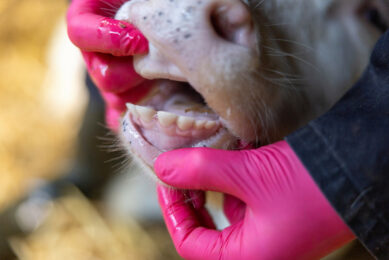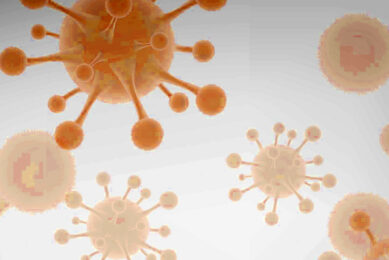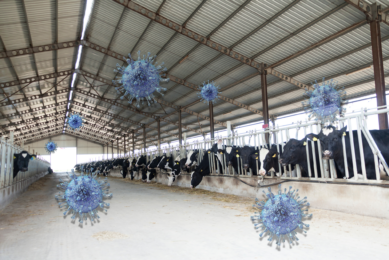Chemical markers on DNA help understanding of cattle immunity

Epigenetic markers on DNA are helping to reveal divergence in cattle immune systems between different breeds, which could lead to improved disease resistance.
Researchers have revealed important variations in these chemical markers found attached to DNA that likely influence gene activity in cattle immune systems. The study of changes in these chemical markers, known as epigenetics, across cattle populations can help understand how their immune systems are regulated.
The findings of a study led by The Roslin Institute scientists at The University of Edinburgh, indicated extensive divergence in these markers in immune cells of different cattle sub-species, suggesting they may influence how cattle immune responses differ.
Improve livestock disease resistance
The results, claim researchers, have important implications for enabling research that is representative of global cattle populations and could inform efforts to improve livestock disease resistance.
The Roslin and The Royal (Dick) School of Veterinary Studies team created datasets that include 150 samples derived from immune cells belonging to 3 different cattle breeds in the UK (Holstein, Friesians, European taurine), N’Dama (Kenya, African taurine) and Nelore (Brazil, Indicine).
The data was compiled in an online public database where scientists can access it for future studies.
Researchers tested a method to work out the proportion of different immune cell types in blood samples, based on the chemical markets found on DNA. They did so by looking at chemical markers that are unique to certain cell types. These markers do not affect the DNA sequence but can affect how the genes work by turning them on and off.
They used 4 different types of technologies to analyse markets of immune cells in the different cattle breeds to help them understand how and where these markers vary. Although existing research had identified underlying genetic differences between cattle breeds, little is known about these chemical modifications to the DNA, which may be responsible for differences in their immune response.
The data was compiled in an online public database where scientists can access it for future studies.
Commenting on the research, Dr Jess Powell, post-doctoral research fellow at The Roslin Institute and Royal (Dick) School of Veterinary Studies, said: “The chemical modifications that can influence gene activity without changing the DNA sequence are largely understudied in cattle, especially in non-European breeds. Understanding the variation between cattle which respond well or poorly to infections will be essential for selective breeding of animals with improved disease resistance.”
* The research was published in the journal Genome Biology and funded by an EASTBIO PhD studentship, the UK Biotechnology and Biological Sciences Research Council, the Bill and Melinda Gates Foundation and the UK Foreign, Commonwealth and Development Office under the auspices of the Centre for Tropical Livestock Genetics and Health. It can be found at Profiling the immune epigenome across global cattle breeds (springer.com).
Join 13,000+ subscribers
Subscribe to our newsletter to stay updated about all the need-to-know content in the dairy sector, two times a week.










